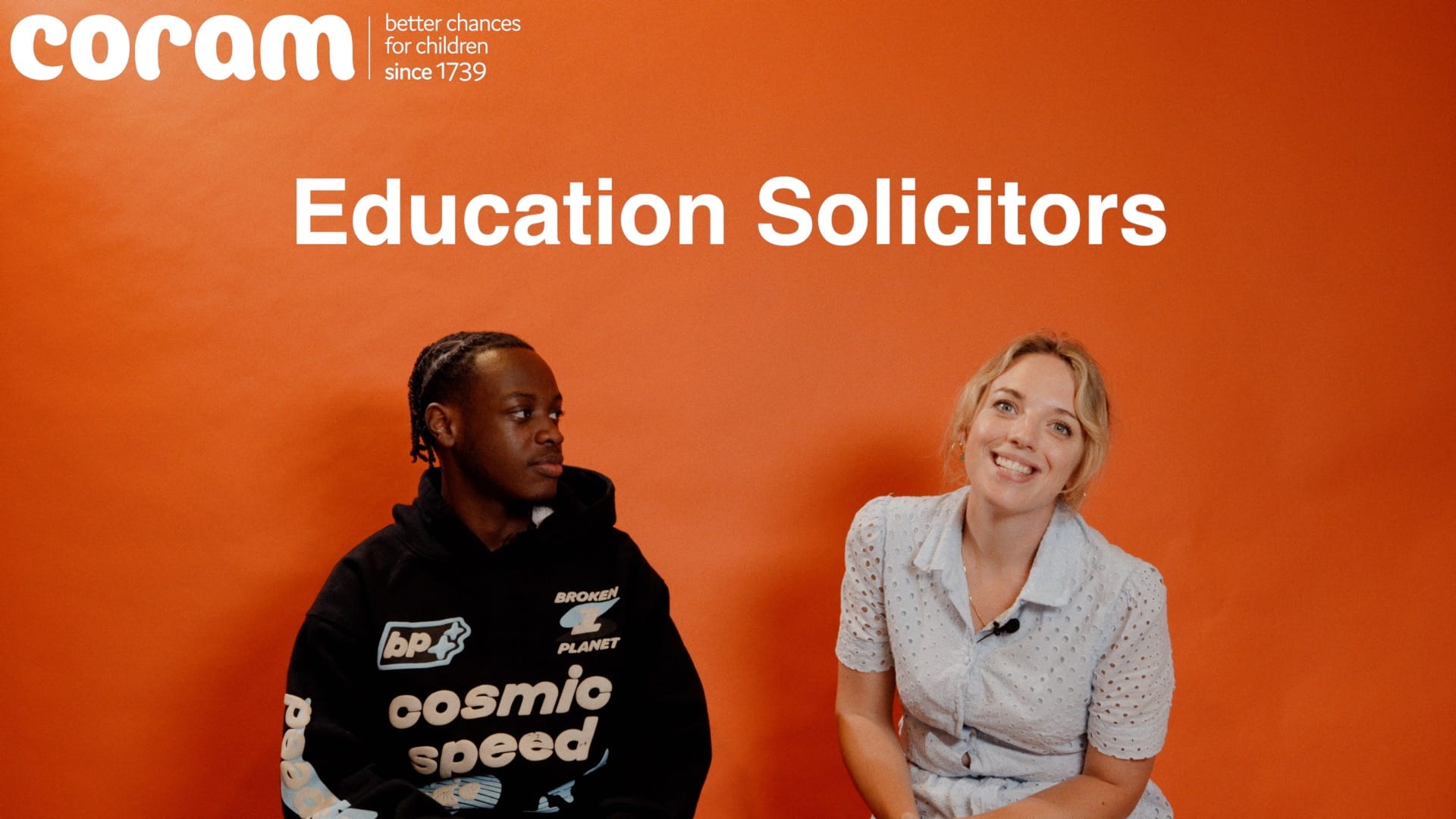Your Rights
This page is here to help you understand your rights when it comes to school exclusions. Our Young Exclusion Ambassadors explain what exclusions are, what your rights are, and what support you can get. Whether you’ve been excluded or just want to know more, these videos will give you the information you need.
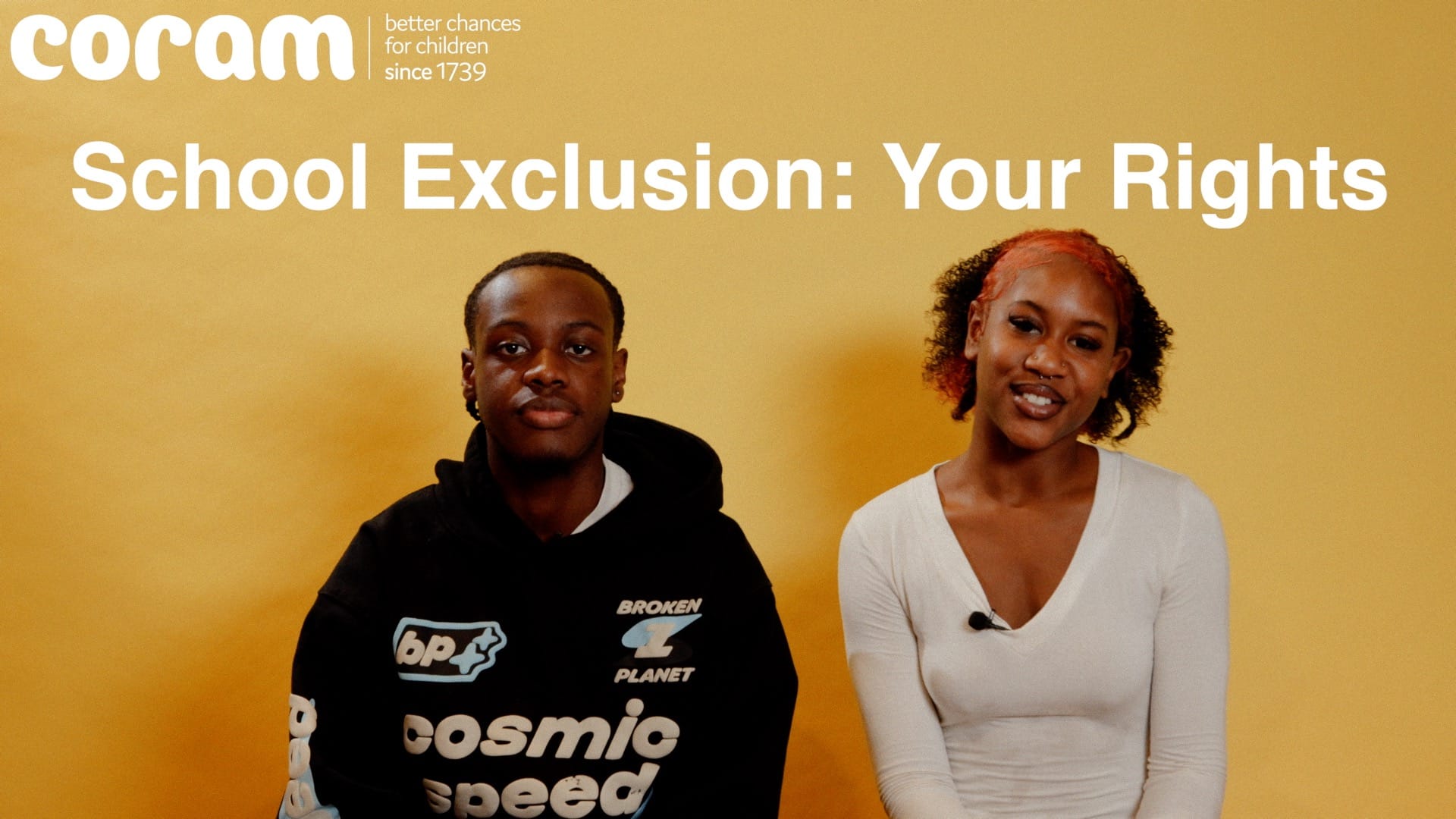
School Exclusion: Your Rights

What are Education, Health, and Care Plans (EHCPs)?
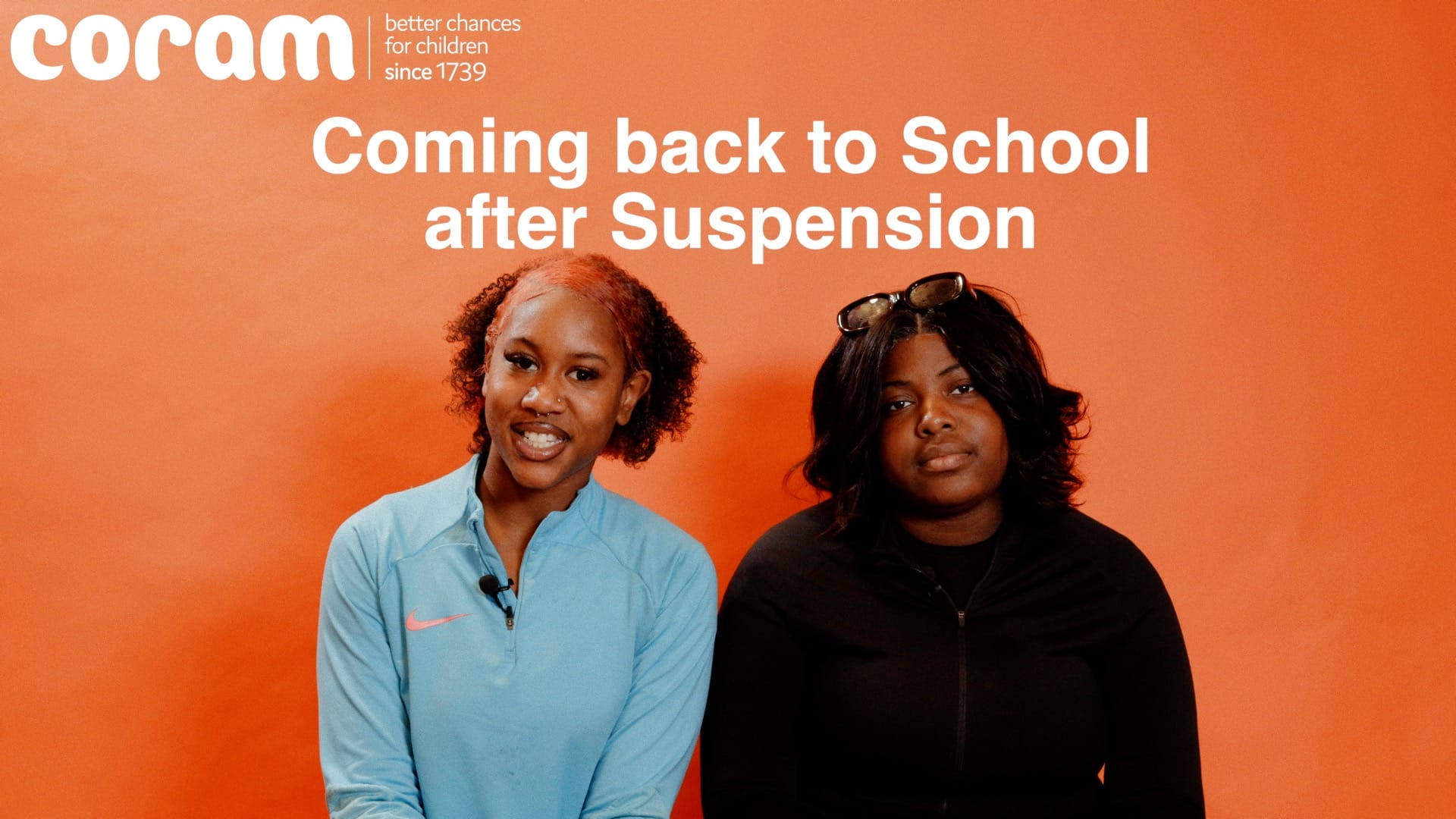
Coming back to School after Suspension
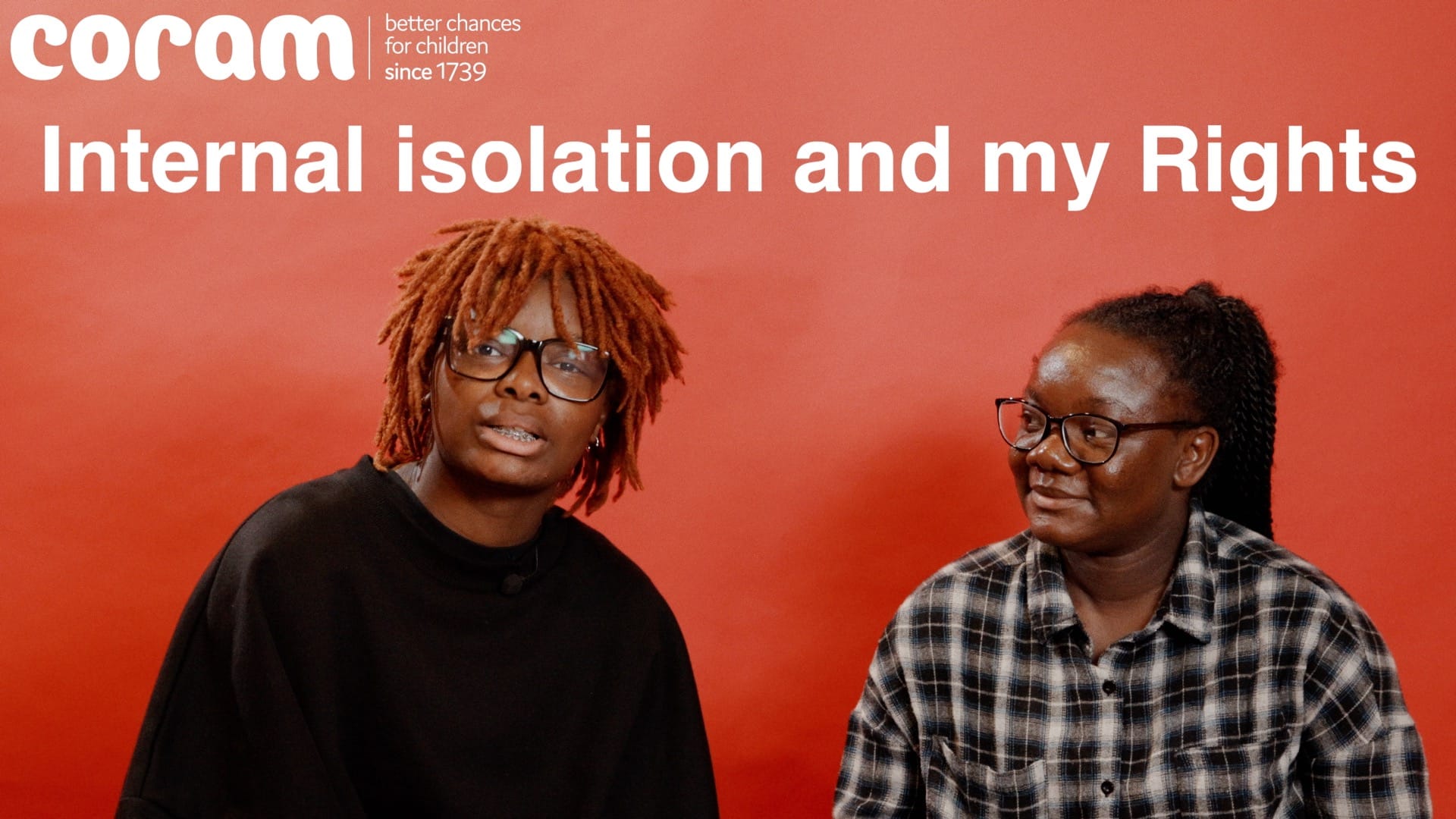
Internal isolation and my Rights
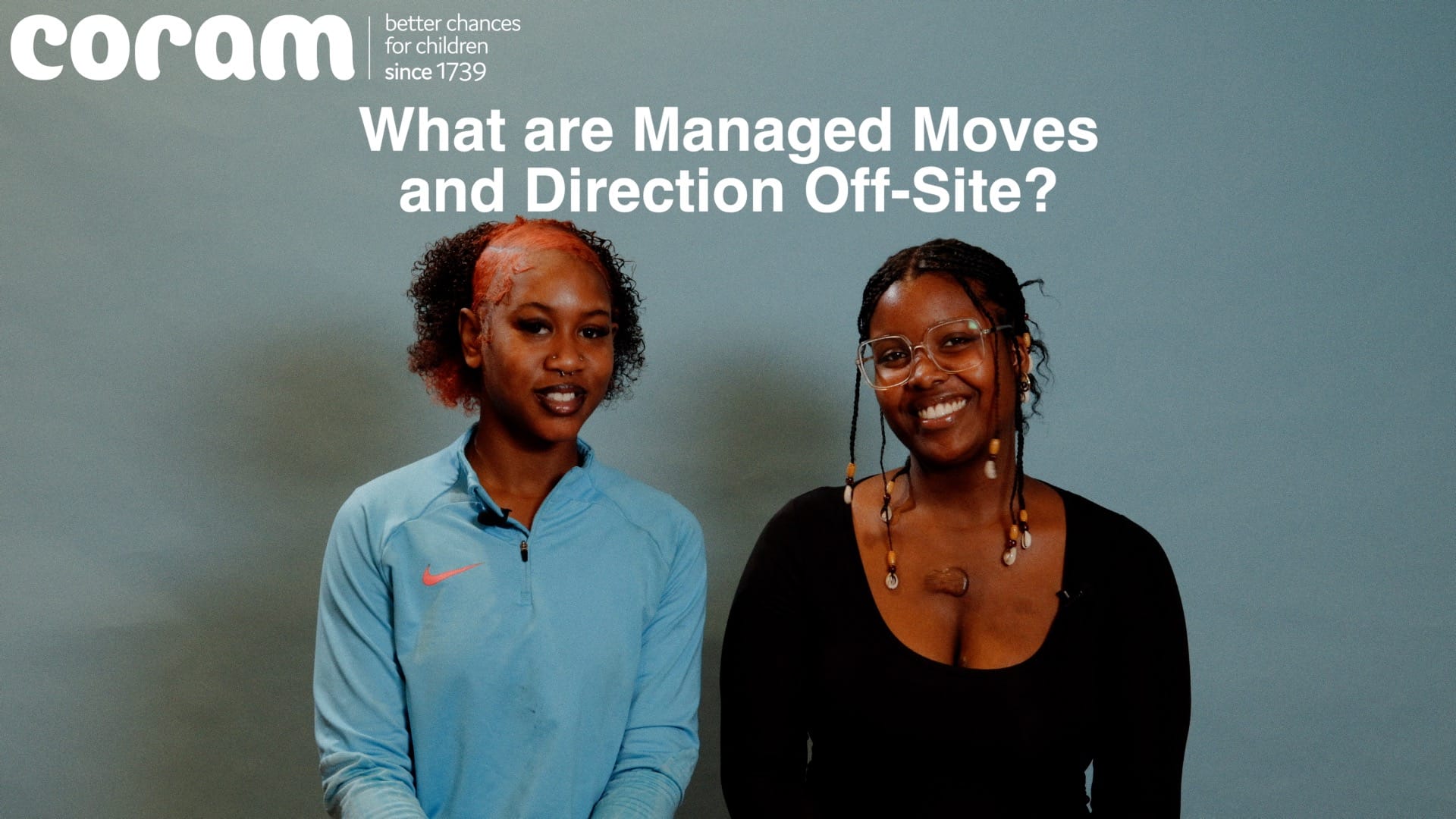
What are Managed Moves and Direction Off-Site?
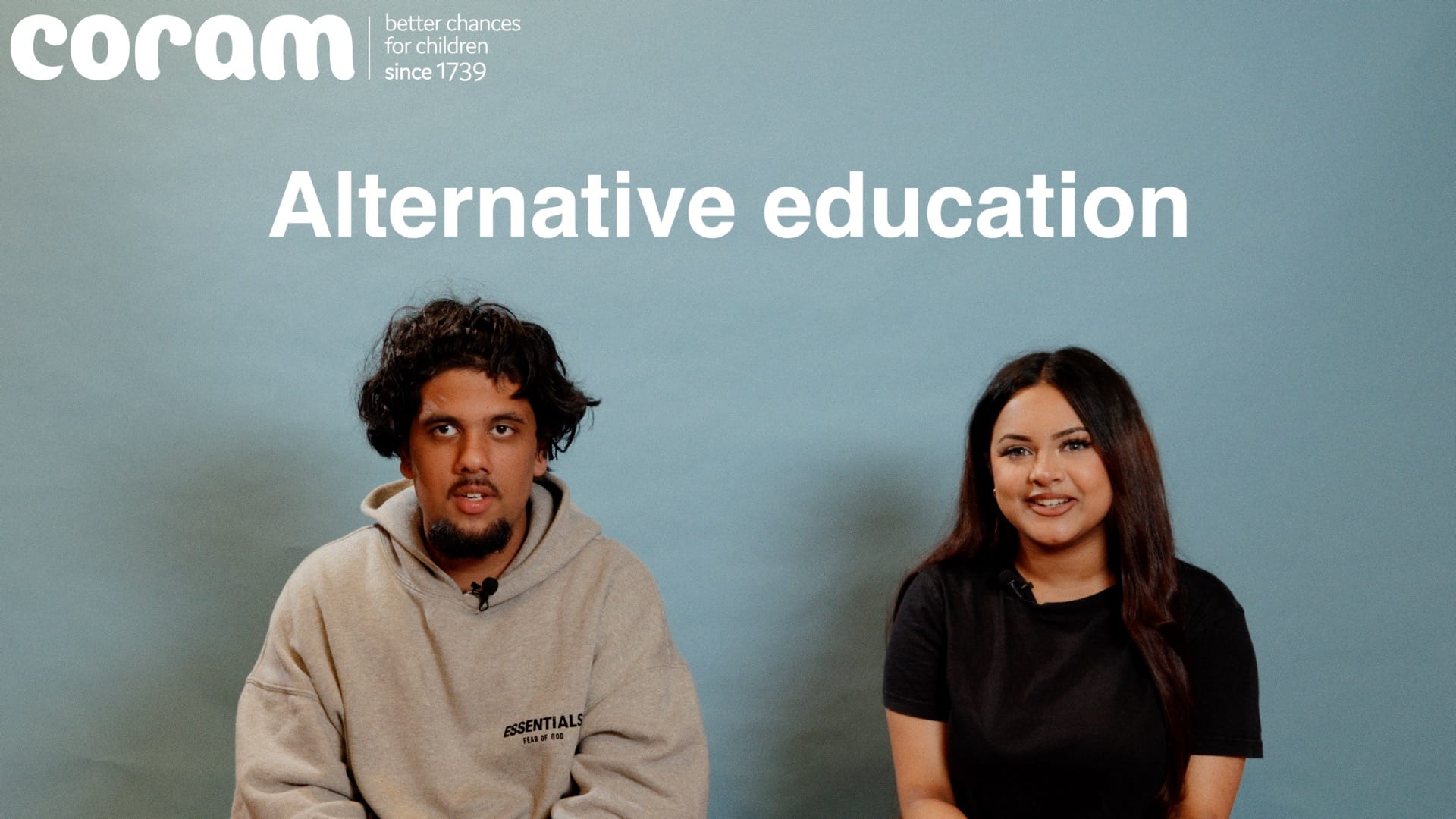
Alternative education
